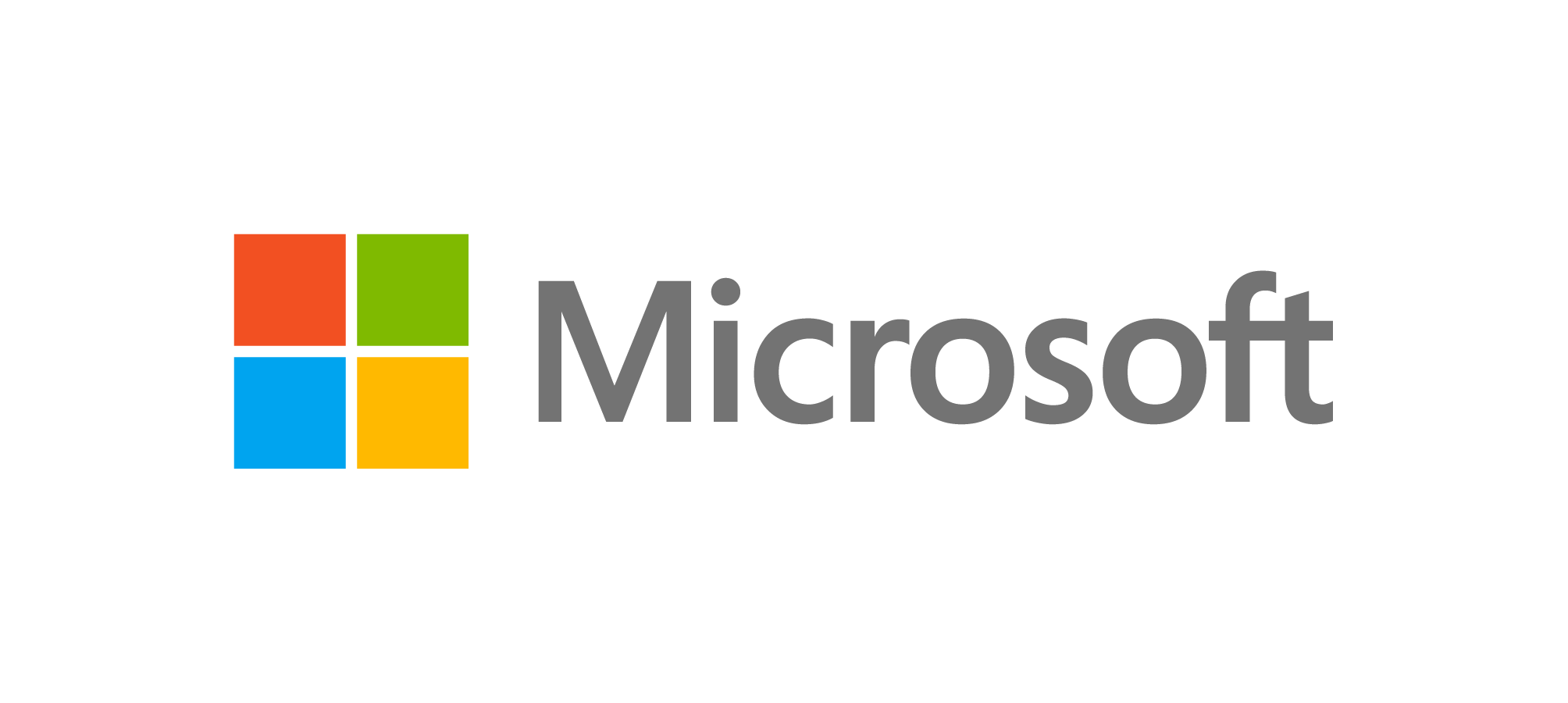Accelerating Materials Discovery with HPC and AI
DATE
March 27, 2024
TIME
8:00 a.m. PDT / 11:00 a.m. EDT / 15:00 GMT / 16:00 CET - Duration: 60 Minutes
Overview
With a new generation of cloud HPC and AI tools, computational chemistry and materials science is scaling and accelerating R&D efforts that could address some of our world’s toughest challenges. While there are few concrete examples of computational discoveries that have been validated experimentally, a shift is finally starting to take place.
In this special session, Microsoft will share some of its latest updates, including how a collaboration with Pacific Northwest National Laboratory is demonstrating methods to accelerate scientific discovery for energy storage solutions. Together, the teams have been able to discover and synthesize a material that shows potential for resource-efficient batteries in less than nine months. We will explore how advancements in HPC and AI are accelerating the next frontier of scientific breakthroughs, in turn compressing the next 250 years of chemistry into the next 25.
Key Learning Objectives:
- Learn how cloud-based high-performance computing and artificial intelligence can scale and accelerate discovery in materials science.
- Explore one of Microsoft’s latest computational discoveries that was accelerated using Azure Quantum Elements.
- Find out how Microsoft collaborated with Pacific Northwest National Laboratory to discover and synthesize a material to advance sustainable energy-storage solutions.
- Discover how industry innovators adopted Azure Quantum Elements to transform their research and development.
Who Should Attend:
- Computational Materials Scientists
- R&D Leaders
- Computational Chemists
- Digitization Managers
- C-suite
Brought to you by:

Speakers
 Dr. Nathan Baker
Dr. Nathan BakerAzure Quantum Elements Product Leader,
Microsoft
 Melissa O'Meara
Melissa O'MearaForensic Science Consultant,
C&EN Media Group
Registration
*Microsoft will store and handle your data according to their Privacy Statement.
*By submitting this form, you agree to receive more information on related products and services from the American Chemical Society (ACS Publications) and its sponsor via email. ACS takes your privacy seriously. For more information, please see the ACS Privacy Policy.
© 2025 American Chemical Society, 1155 16th St NW, Washington, DC 20036, USA. View our Privacy Policy
